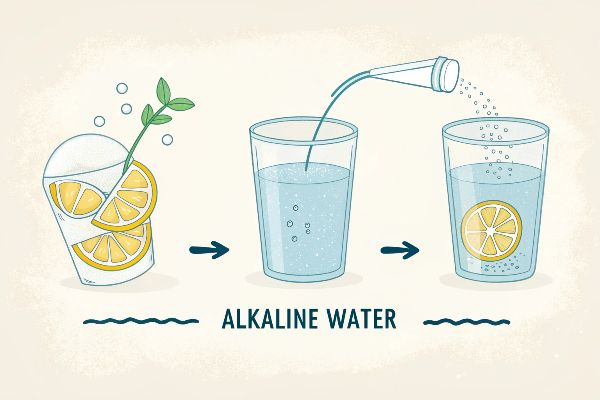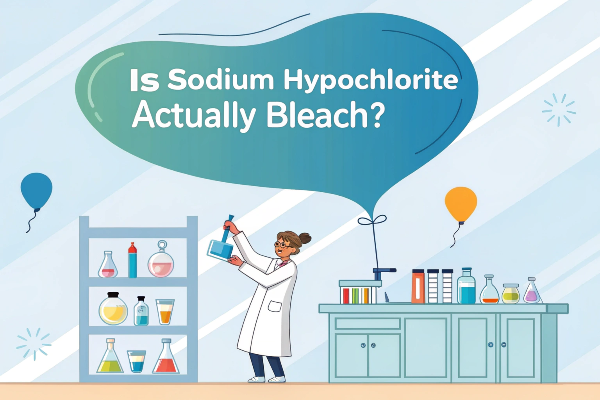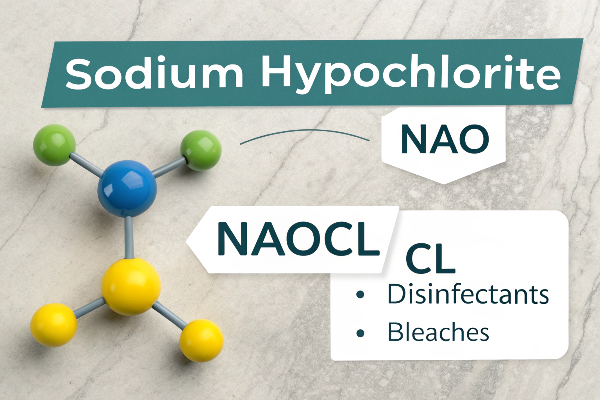In a world where clean water is a vital resource, the question of how to effectively disinfect water is more relevant than ever. As CEO of a leading titanium anode manufacturing company, I’ve seen firsthand the importance of water disinfection across various industries and households. But how exactly do we go about ensuring our water is safe to drink and use? Let’s dive into the world of water disinfection, exploring the most efficient and innovative methods available today.
Water disinfection is crucial for eliminating pathogens and harmful organisms that can cause diseases. Traditional methods have served us well, but with advancements in technology, we now have more efficient and environmentally friendly options at our disposal. As an expert in the field, I’m excited to share insights into the role titanium anodes play in this essential process.

The Basics of Water Disinfection
Water disinfection is a fundamental process, ensuring that water is safe for consumption and use. It involves the removal of pathogens and microorganisms that pose health risks. This step is critical in preventing waterborne diseases and maintaining public health.
The methods of disinfection vary, ranging from physical processes like filtration and ultraviolet light exposure to chemical treatments such as chlorination. Each technique has its strengths and is chosen based on the specific needs of the water being treated.

However, traditional methods often face challenges, including the handling of hazardous chemicals, energy-intensive operations, and the potential for generating harmful byproducts. This necessitates the exploration of more efficient and environmentally friendly technologies for water disinfection.
Why Titanium Anodes?
Titanium anodes represent a cutting-edge solution in the field of water disinfection. Their robustness and longevity make them a preferred choice for modern disinfection systems. These anodes work by facilitating electrochemical reactions that produce disinfecting agents directly in the water.

One of the significant advantages of titanium anodes is their efficiency in generating chlorine or other oxidants from simple saline solutions. This process effectively kills pathogens without the need for additional chemicals, making it a safer and more sustainable option.
Furthermore, titanium anodes are highly resistant to corrosion, which is a common issue in electrochemical disinfection systems. This resistance ensures a longer lifespan and reduces the need for frequent replacements, contributing to cost savings and environmental sustainability.

Applications in Water Disinfection
Titanium anodes find their application across a broad spectrum of water disinfection processes. Their versatility allows them to be used in everything from small-scale household water purifiers to large industrial wastewater treatment plants. This adaptability makes them invaluable in the quest for clean water.
In industries, titanium anodes play a pivotal role in the electrochlorination process, which is crucial for preventing biofouling in cooling systems and desalination plants. Their efficiency in generating chlorine on-site from seawater minimizes the environmental impact and operational costs.

Furthermore, these anodes are also used in swimming pool disinfection, ensuring that the water remains free from pathogens without the heavy reliance on manually added chemicals. This application highlights the anodes’ ability to provide consistent and automated disinfection, enhancing safety and convenience.
Advantages of Using Titanium Anodes
Titanium anodes offer unparalleled anti-corrosion properties, making them ideal for use in harsh chemical environments often encountered in water disinfection processes. Their resilience translates into longer service lives, drastically reducing the need for frequent replacements and, consequently, lowering long-term costs.

Their high current efficiency is another key benefit. Titanium anodes can operate at high current densities without significant degradation, ensuring optimal disinfection performance over time. This efficiency supports energy-saving initiatives and contributes to more sustainable operation practices in water treatment facilities.
Moreover, the ability of titanium anodes to be reused and recoated extends their life span even further. This feature not only makes them a cost-effective choice but also reduces waste, aligning with environmental sustainability goals. The reusability aspect underscores the commitment to eco-friendly practices in water disinfection.

Selecting the Right Titanium Anode for Your Needs
Selecting the appropriate titanium anode is critical to achieving optimal water disinfection efficiency. The choice depends on the specific application, whether it’s for a swimming pool, industrial wastewater treatment, or potable water purification. Each application may require a different coating composition to maximize effectiveness.
Understanding the water composition and the specific contaminants present is also essential. Different coatings, such as RuO2-IrO2 or Pt, are better suited for different disinfection tasks. For instance, RuO2-IrO2 coated anodes are excellent for chlorine generation in saline water, while Pt coatings are preferred for freshwater applications.

Lastly, consulting with a titanium anode expert can provide invaluable insights into the best configuration for your system. Experts can help tailor the anode design, size, and coating to meet your unique requirements, ensuring that you get the most out of your water disinfection system.
Ensuring Proper Use and Maintenance
To maximize the benefits of titanium anodes in water disinfection, proper use and maintenance are key. This includes ensuring the electrolyte’s stability, avoiding physical damage to the anode coating, and maintaining the correct electrode distance to prevent short circuits. Regular cleaning and inspection can also extend the anode’s lifespan and ensure consistent disinfection performance.

Conclusion
Embracing titanium anodes for water disinfection is a step towards sustainable and efficient water treatment. Their durability, efficiency, and eco-friendliness position them as a pivotal technology in securing safe water for our future.





